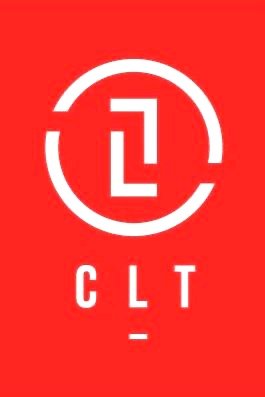Topic 3: Resume Bad Smells
At Scrum Day MN 2017 I delivered a talk entitled “Scrum Masters: Why I Did Not Hire You.” As a visual for my slide deck, I created a word cloud by pulling the introductory paragraphs from twenty resumes I had recently reviewed. Interestingly, the largest words in the word cloud included “project”,” projects”, “Project (capital “P”)”, and “management”. Included, but much smaller, were the words “agile”, “scrum”, and “Product”.




